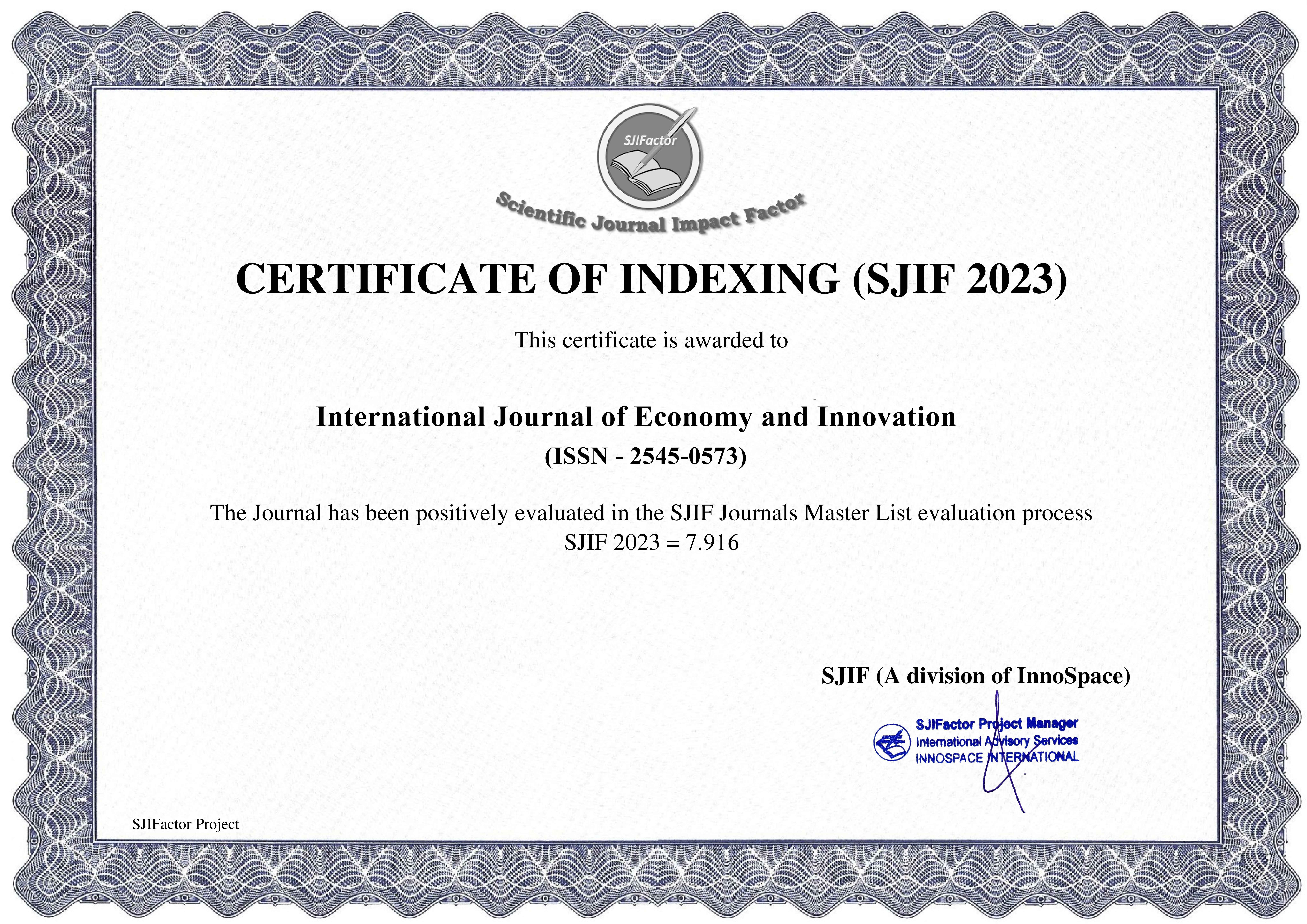THE IMPACT OF FINANCIAL INFORMATION SYSTEMS ON KNOWLEDGE ACCUMULATION: A FIELD STUDY ON EMPLOYEE PERSPECTIVES IN THE BANKING SECTOR (GULF COMMERCIAL, INTERNATIONAL DEVELOPMENT)
Keywords:
Banking Information Systems, Knowledge AccumulationAbstract
Financial information systems are of utmost importance in facilitating a wide range of financial transactions within the banking sector. Hence, the significance of these institutions is paramount, particularly in relation to the augmentation of knowledge acquisition. This study centers on the examination and clarification of the philosophical and theoretical consequences associated with these variables. It is structured into two primary sections.
The initial section of the paper delineates the research technique and establishes a theoretical foundation for the research variables and their respective dimensions. The subsequent section of the paper outlines a pragmatic framework for the research hypotheses, shows its findings, and offers recommendations based on the results. The research sample consists of a total of 112 participants, who are workers from two banks, namely Gulf Commercial Bank and International Development Bank.
The study employed a descriptive analytical methodology and employed a questionnaire as a means of measurement. The data analysis was performed utilizing the statistical software SPSS. This involved the examination of research hypotheses pertaining to the influence and association among the study variables, employing statistical procedures such as multiple regression and correlation coefficients.
The research findings highlight the notable theoretical and empirical outcomes, which demonstrate a robust and statistically significant relationship between the integration of financial information systems and the accrual of knowledge among the selected research participants. The aforementioned association is substantiated by the correlation coefficient values observed at the global level.
The paper presents a number of recommendations based on the research findings, one of which emphasizes the importance for banking organizations to conduct comprehensive investigations into all facets of financial information systems. The achievement of this objective necessitates conducting financial and realistic analyses to assess the capacity of banks to adopt and capitalize on the outcomes, both presently and in the future.

















